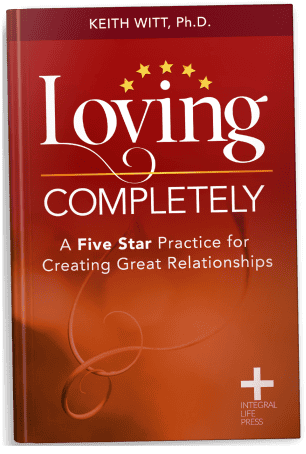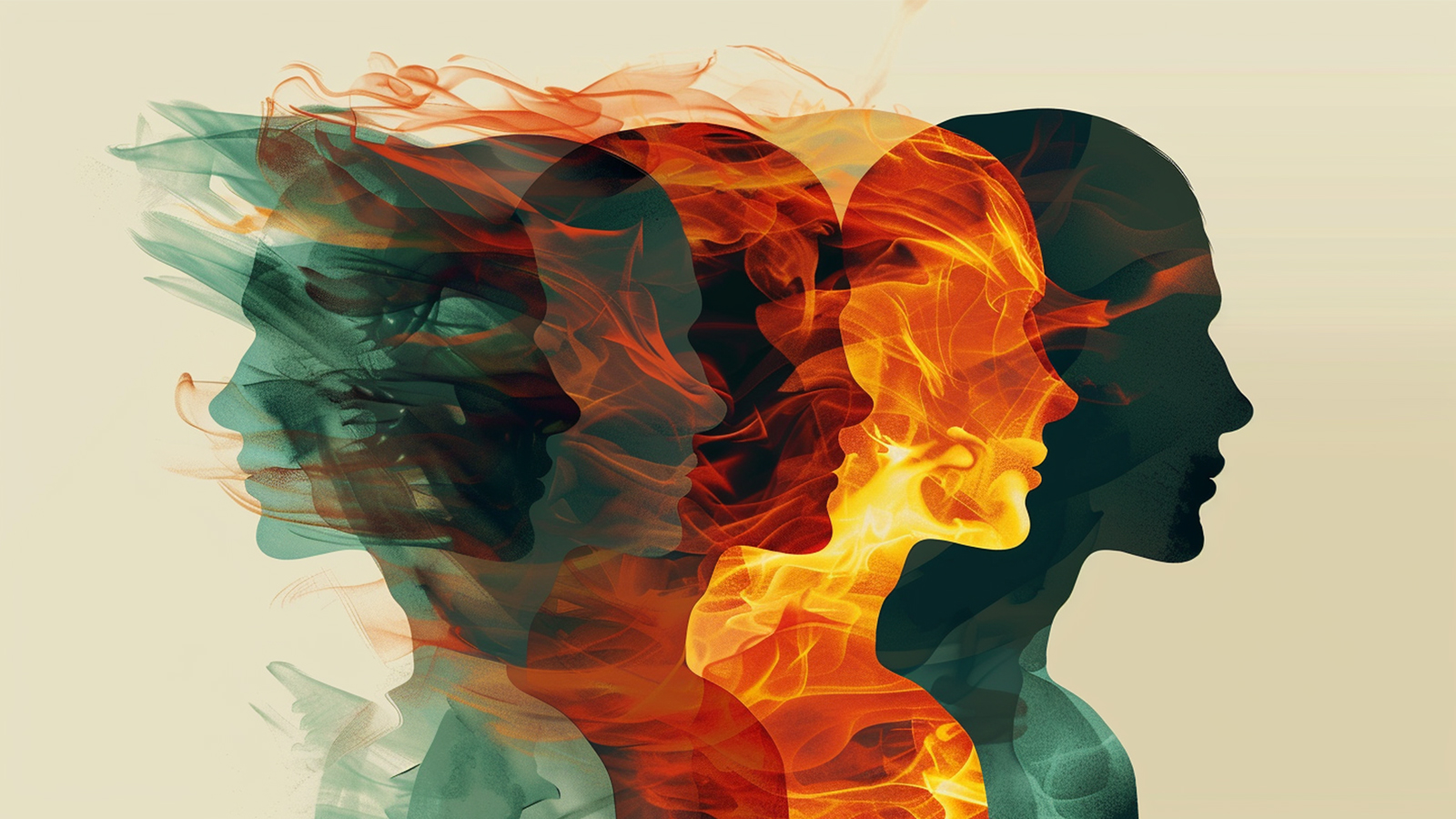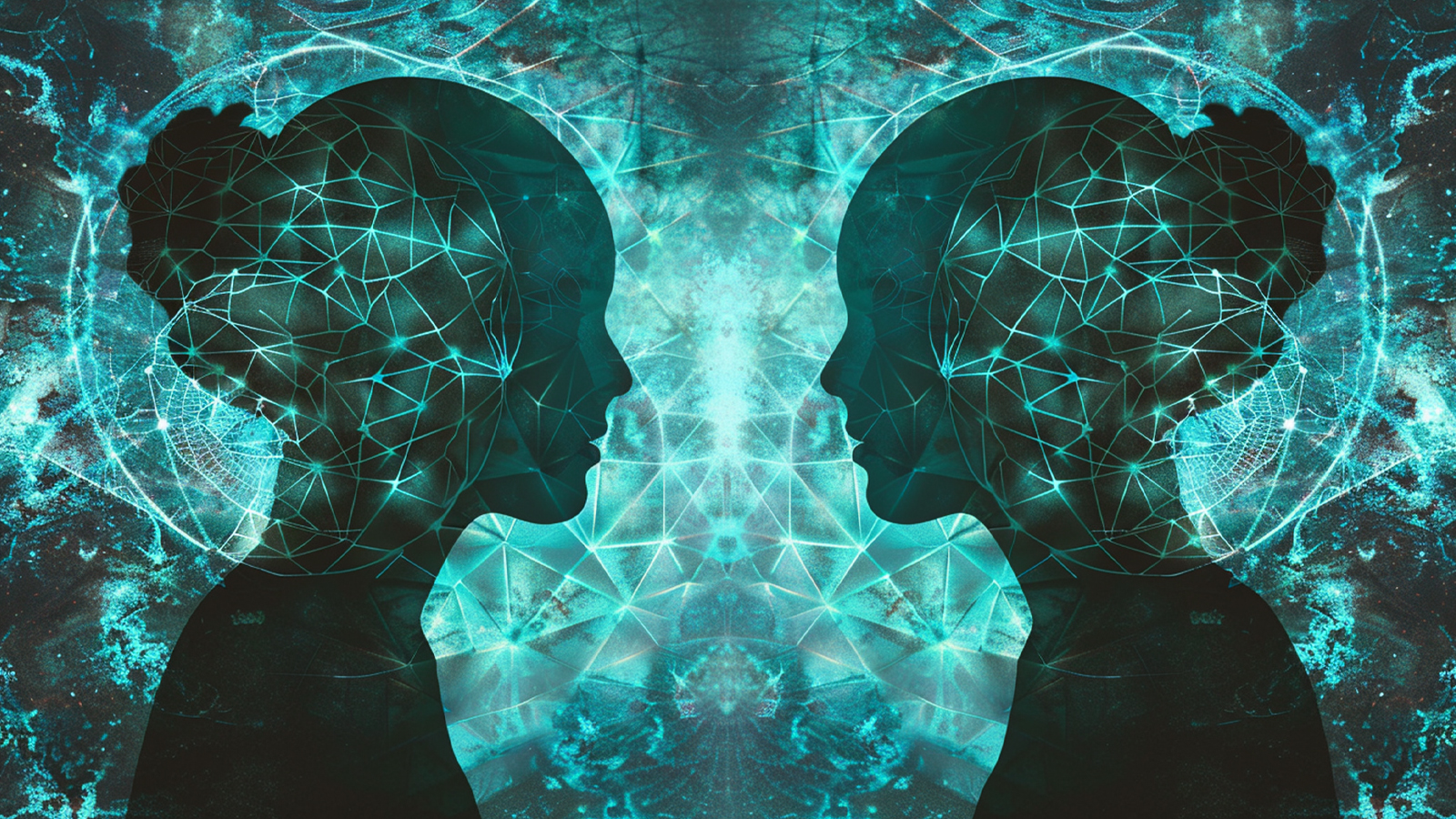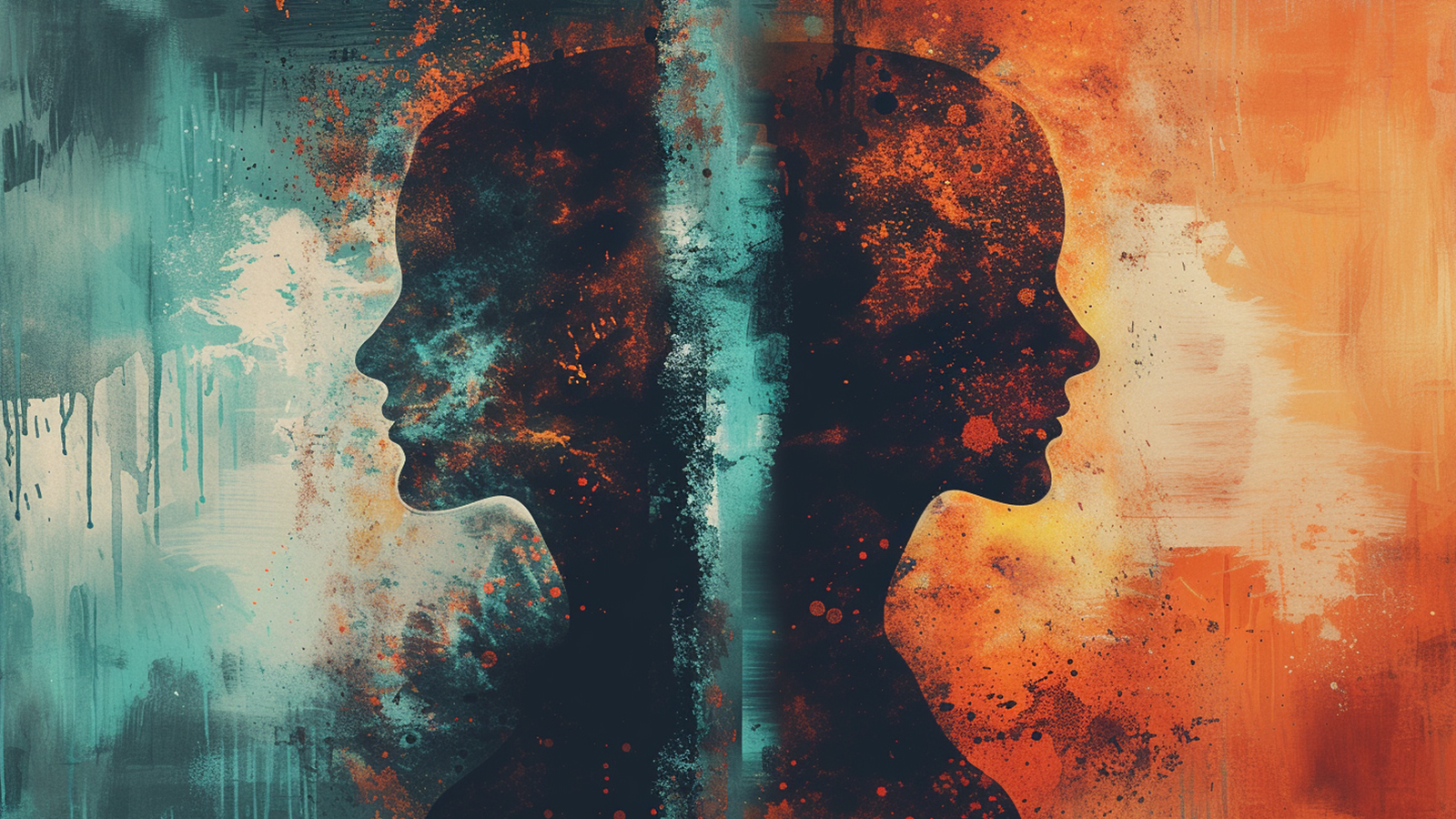Become a member today to watch this video presentation and support the global emergence of Integral consciousness
Membership benefits include:
Premium Content
Receive full access to weekly conversations hosted by leading thinkers

Journal Library
Receive full access to the growing Journal of Integral Theory & Practice library

Live Experiences
Stay connected by participating in Integral Life live events and discussions
Courses & Products
Get unlimited 20% discount off all products and courses from our friends and partners

Free Bonus Gifts
Download The Integral Vision eBook by Ken Wilber (worth $19 on Amazon) & The Ken Wilber Biography Series

Support of the movement
Support our mission of educating and spreading integral consciousness that is more critical than at any time in its history
All mammals have cultures that involve social learning. Social learning arises from instinctual drives enacted through approvals and disapprovals creating pleasures (like feeling accepted and safe in the group) and pains (like feeling ashamed or excluded).
Human babies normally feel loved and accepted generally through their first year’s developmental fulcrums, gradually developing a sense of a separate self from mother and other caregivers. At around one-year-old we mature enough to feel shame at disapproving expressions, sounds, words, and gestures directed at me (a self separate from you), as well as pleasure and self-satisfaction at approving expressions, sounds, words, and gestures directed at me (from socially important you). These dynamics are central to social learning. At around two we can observe ourselves enough to start feeling shame or virtuousness in response to observing ourselves with approvals or disapprovals.
At around four we develop the capacities to feel disgust at objects, other people, or ourselves. Moral disgust at others and ourselves powerfully influences cultural development and social learning and is highly culturally specific.
Throughout each altitude, the lower left quadrant is enforced with feelings of virtuousness, shame, and moral disgust, expressed in approvals and disapprovals of ourselves and others in response to our emergent moral systems. If our unconscious determines we’ve violated a moral value, it generates shame, guilt, and/or moral disgust.
Because shame emotions and moral disgust cause so much suffering, the emotions themselves tend to be pathologized by practitioners, with “toxic shame” and “critical” being terms most consider unhealthy. This can cause us to miss the basic truth that all emotions are valuable, necessary, and involved in all healthy and unhealthy thoughts, actions, or beliefs.
- Painful emotions like shame and moral disgust can be healthy in guiding our behavior and generating insights in our quest for horizontal and vertical development and more coherent autobiographical narratives (our desires to grow and self-transcend).
- Pleasurable emotions like ecstasy, sexual arousal, extreme joy, and happy abandonment can be unhealthy if indulged in the absence of self-awareness or empathic attunement.
There is a subtle undercurrent in change workers of defining “good” affects like love, joy, and compassion, and “bad” affects like shame, guilt, rage, depression, anxiety, and moral disgust. This can result in some practitioners conflating good/bad designations for emotions with painful/not painful, or socially acceptable/not acceptable. All emotions can be either healthy or unhealthy depending on context and how they fit into the moment to moment narratives of our lives.
Contempt or moral disgust towards others usually arises from a sense of superiority and critical moral judgment, and can lead to separation/conflict if not resolved into mutual approval.
Contempt or moral disgust from others is threatening, and can lead to shame/humiliation/rage which can be directed at others and/or ourselves. Once again, contempt or moral disgust from others can lead to separation/conflict if not resolved into self-acceptance and mutual approval.
Contempt or moral disgust for self—often central to alcoholism, drug addiction, transgression, aggression, collapse, failure, or violation of internalized cultural standards—can create internalized conflicts that challenge us to change or defend against change with the whole Freudian panoply of defenses (“internalized conflict” was one of Freud’s definitions of neurosis).
Type is a wildcard in shame and moral disgust dynamics. Cultures celebrate some types and pathologize others. In 20th century America for instance, introversion and homosexuality were widely pathologized, while extraversion and heterosexual monogamy were considered superior.
Worldview is a wildcard in shame and moral disgust dynamics. What is shameful for one altitude might be virtuous for another. Vulnerability might be shameful or morally disgusting at RED, but attractive and virtuous at GREEN.
Integral mindfulness gives us the tools to make our moral discernments more visible and influenceable. Integral mindfulness can organize our relationships with shame and moral disgust (as well as with moral approval and all forms of pleasure) to use them as sources of enhanced horizontal and vertical health.
- When we can observe and explore our feelings, thoughts, desires, judgments, and reactions with acceptance and caring intent (mindfulness), we have choices to change perspectives and actions and refine our emergent moral systems.
- When we’re additionally Integrally informed, we have a multidimensional map to guide us into healthier perspectives and actions (Integral mindfulness—being dialed-in).
- The IIT map directs us to identifying bad habits and replacing them with good habits. When this process fails or is blocked, the map often takes us to trauma programming which we can resolve with Integrally informed trauma work. This can draw from many schools—van der Kolk, IFS, EMDR, somatic work, reconsolidation, etc.
Shame and moral disgust dynamics are especially important in couples, which after all are little family cultures. In a couples’ atmosphere of insecurity, critical judgment, avoidance, or escalating conflicts, contempt and moral disgust are often toxic cues for destructive and divisive thoughts and behaviors. If the conscious agenda of a couple is to help each other grow and be healthy in an atmosphere of love and commitment, shame and moral disgust become cues for productive dialectics and accelerated growth.
In this sense, every affect is an important window into a person’s current state, and thus an opportunity for health, growth, and transcendence—to help someone better wake up, show up, grow up, and clean up.
Yes, what’s immoral shifts with worldviews, though it’s complicated since our moral development is include and transcend so we have multiple moral systems operating simultaneously. Level of compassionate self-awareness is key, and, along with capacities to receive caring influence, is a marker of altitude on the integration-of-defenses line of development. That being said, if we defend against shame with defensive states, we regress and the whole system morphs to simultaneously seeking insight/development and avoiding insight/development—a classic internalized conflict which was Freud’s definition of neurosis.
This gets particularly interesting in couples, who develop their own moral universes which either support or degrade intimacy and growth, depending on how well each partner maintains him or herself and partner.
written by Dr. Keith Witt
 Learn How to Love More Completely
Learn How to Love More Completely
Loving Completely is an absolutely essential addition to your integral library. Get your copy today!
Order now!Previous Episodes of Witt & Wisdom
The 8 Horizons of Love
The Many Within: Understanding IFS and Self Integration
 Dr. Keith Witt
Dr. Keith Witt
 April 25, 2024
April 25, 2024
The Art of Integral Conversation: How to Have a Turquoise Dialectic
CANCELLED: The Battle for Free Speech in the Integral Age
The Psychology of Splitting
About Keith Witt
Dr. Keith Witt is a Licensed Psychologist, teacher, and author who has lived and worked in Santa Barbara, CA. for over forty years. Dr. Witt is also the founder of The School of Love.
About Corey deVos
Corey W. deVos is editor and producer of Integral Life. He has worked for Integral Institute/Integal Life since Spring of 2003, and has been a student of integral theory and practice since 1996. Corey is also a professional woodworker, and many of his artworks can be found in his VisionLogix art gallery.







